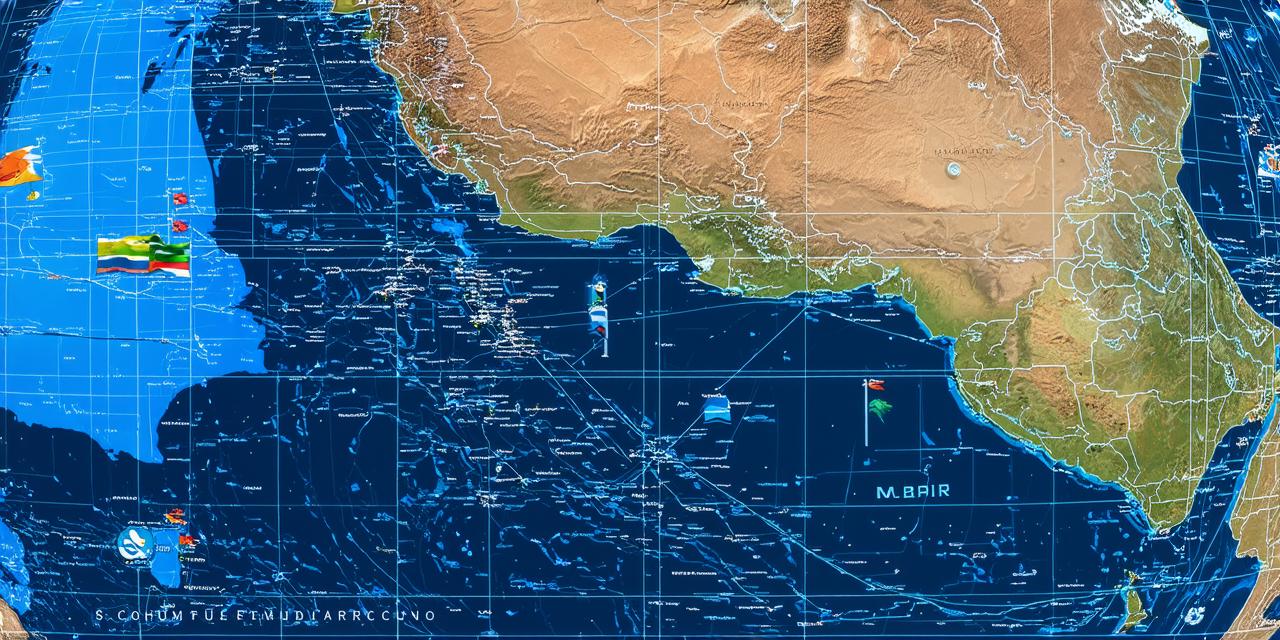Exploring Offshore Outsourcing: What Is It and How Does It Work?
BlogOffshore outsourcing is a business practice where companies outsource tasks and processes to service providers located in another country. This practice has become increasingly popular in recent years due to the availability of skilled labor, lower costs, and access to different time zones.
Table of Contents
ToggleWhat is Offshore Outsourcing?
Offshore outsourcing involves the transfer of tasks, processes, or projects from a company’s internal operations to an external service provider located in another country. The service provider may be a company, individual, or organization that specializes in providing specific services such as software development, customer support, or marketing.
Benefits of Offshore Outsourcing
-
Cost Savings: One of the main benefits of offshore outsourcing is cost savings. By outsourcing tasks to service providers located in countries with lower labor costs, companies can save on salaries, benefits, and other expenses associated with hiring and training employees.
-
Improved Efficiency: Offshore outsourcing allows companies to take advantage of different time zones, which can help them to speed up processes and reduce delays. This can lead to improved efficiency and productivity.
-
Access to Skilled Labor: Service providers located in other countries may have access to skilled labor that is not readily available in the company’s home country. This can provide companies with access to a wider pool of talent and help them to find the right person for the job.
-
Flexibility: Offshore outsourcing provides companies with flexibility in terms of staffing and resources. Companies can scale up or down their operations as needed, without having to invest in expensive infrastructure or equipment.

Drawbacks of Offshore Outsourcing
-
Language and Cultural Barriers: Communication and coordination can be challenging when working with service providers located in different countries. Language and cultural barriers can make it difficult for companies to effectively manage their offshore operations.
-
Quality Control: It can be difficult to ensure that the work being done by service providers meets the company’s standards. Quality control measures may need to be put in place to ensure that the work is of high quality.
-
Legal and Regulatory Issues: Companies may need to navigate legal and regulatory issues when working with service providers located in other countries. This can include issues related to data privacy, intellectual property, and labor laws.
-
Time Zone Differences: Working with service providers located in different time zones can make it difficult to coordinate schedules and ensure that deadlines are met.
How Offshore Outsourcing Works
-
Identify the Tasks to be Outsourced: Companies identify tasks or processes that can be effectively outsourced to service providers located in other countries.
-
Find a Suitable Service Provider: Companies research and select a suitable service provider based on their requirements, experience, and expertise.
-
Develop a Contract: A contract is developed between the company and the service provider outlining the scope of work, timelines, deliverables, and payment terms.
